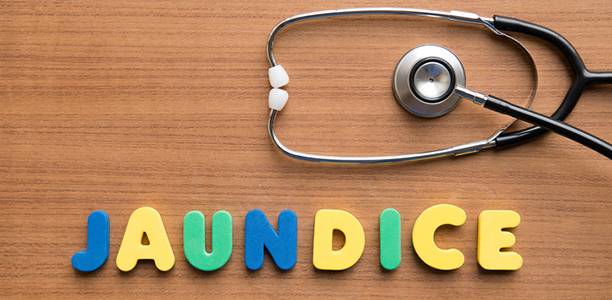Monash University is part of a unique consortium that has recently won a grant of $1 million to promote commercialisation training amongst 21 partners nationally.
As part of the Australian Government’s Industry Growth Centres Initiative, the 2017 round of the MTPConnect Project Fund Program provided $7.38 million of funding for 20 national projects in the medtech, biotech and pharmaceutical sector.
Monash received an Accelerating Australia grant which will assist various projects including an existing development of a fast and cheap paper test for jaundice in newborns. It is a joint-development by the Monash Institute of Medical Engineering and Monash Health.
Jaundice is a common condition in newborns causing the skin and whites of the eyes to yellow as a result of excess bilirubin in the blood. Bilirubin is produced by the normal breakdown of red blood cells. A new baby’s bilirubin levels peak at about two to four days of age, commonly when they are already back home. However, if the condition doesn’t clear – and because severe jaundice can cause brain damage if left untreated, the affected baby often needs a home visit from a nurse and a blood test, which can be expensive and take time for results.
Monash Faculty of Engineering researchers, led by Professor Wei Shen, have developed a prototype paper test for bilirubin levels which will allow almost instant results at a portion of the cost of the current blood tests. The test will also mean that babies in remote, regional areas and under-resourced poorer countries can have their bilirubin levels monitored.
According to Professor Laurence Meagher, Deputy Director of the MIME, the test arose because a team of clinicians and health professionals recognised the need for a cheap, easy and accurate test for bilirubin.
“We worked with these developers, mentoring them, working through the regulatory issues associated with developing a home-based medical device, managed the cost-benefit analysis so the developers will be able to make a health economic argument to investors and other stakeholders,” he said.
The Accelerating Australia funding will help the bilirubin project, and others, to reach their commercialization milestones faster, Professor Meagher said. “The aim is to get tests and devices that will benefit Australians into hospitals, clinics and homes faster,” Professor Meagher said.
(Souce: Monash University)










